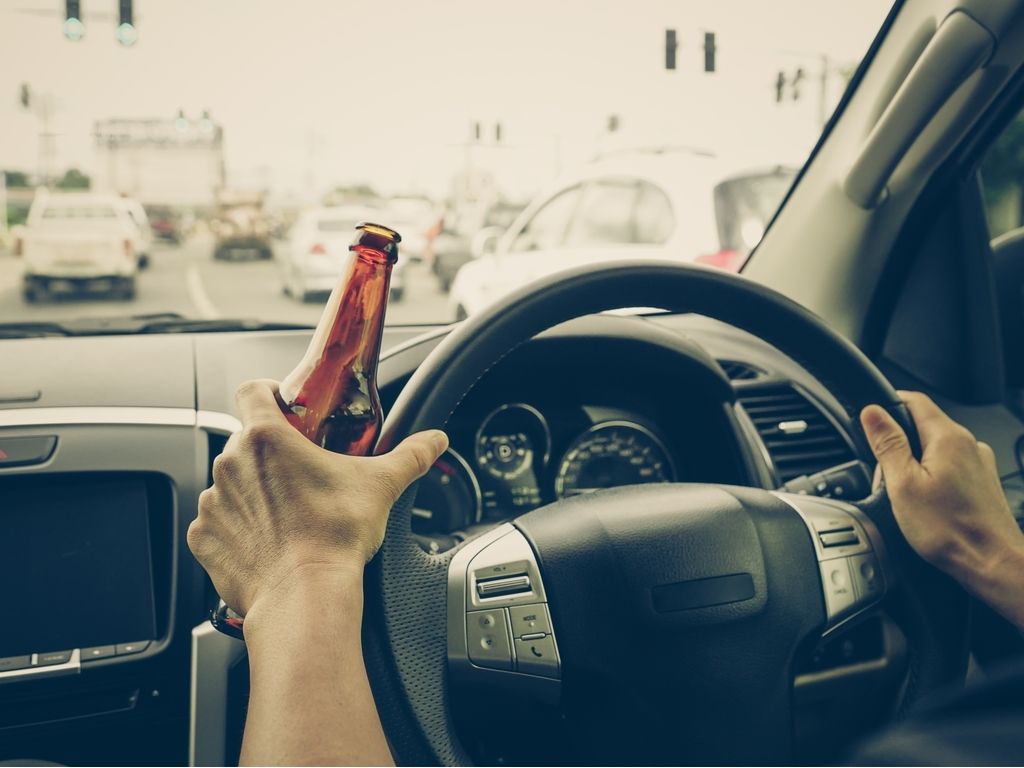Why Did the Court Reverse the Sentence in this DUI Case?

It’s not something that happens on a regular basis. However, in this DUI case, the Superior Court not only reversed the sentence. It also remanded the matter to the lower court for a new trial.
The Superior Court decided Commonwealth v. Jones on March 19, 2019, and marked the decision as non-precedential. This means it can only be relied on or cited in other legal proceedings in very limited circumstances.
If you are facing charges for driving under the influence, the facts of this case might even mirror your situation. Whether they do or not, you should contact an attorney with experience in handling DUI charges. A conviction could seriously impact your life and livelihood.
Meanwhile, if you’re a first time DUI offender, you may qualify for Pennsylvania’s Accelerated Rehabilitative Disposition program (ARD). This represents a welcome alternative to other sentencing options.
DUI Defendant Gets a Second Chance
Let’s be clear. The second chance in the Jones matter means a new trial. What happens after that will speak for itself.
According to the case history, the trial court found Dawn Nichelle Jones guilty of three separate offenses. One was driving under the influence (DUI) of alcohol. The other two were driving without a license and possessing an open container in her motor vehicle.
Two officers responded to a dispatch regarding a possibly intoxicated female in a bank drive-through. According to the dispatcher, the suspect’s vehicle was seen driving off towards a particular street. It just so happens that the police department is located on the same street.
Since the police answered the call directly from headquarters, they quickly came across the vehicle they believed matched the defendant’s car. It was in a “no parking” loading zone behind a shopping center. They approached the vehicle and confronted its occupant.
There was only one occupant in the car, later identified as Dawn. Reportedly, she was sitting in the driver’s seat, slumped over the steering wheel. One of the officers noticed an empty bottle of vodka and ginger ale. Additionally, the policeman saw some prescription pill bottles on the passenger’s side of the vehicle.
It appears that it took some time for Dawn to notice the police presence at her vehicle. When they did make contact, the officers remarked on her presentation. She had “bloodshot, glassy eyes, and there was an odor of an alcoholic beverage on her breath and person.”
According to the officers, Dawn also had difficulties standing up when she exited her car. Nonetheless, she agreed to field sobriety tests – and failed them. The police officers opined that Dawn was too intoxicated to drive.
Conflicting Testimony
In the meantime, Dawn disputed the history provided by the local police. Although they said they approached Dawn’s vehicle at 5 pm, she testified that her encounter with them happened at 8 am. After she completed a double shift, one of her friends drove her, and she sat in the car while her friend went in to buy lottery tickets.
The alleged driver collaborated the story. Meanwhile, the officers attempted to provide evidence of their version of events. Dawn’s attorney objected to testimony regarding the contents of the 911 call, claiming it was hearsay. Allegedly, the call came from one of the bank tellers who claimed to observe an intoxicated woman driving away. The teller did not testify in the case.
During the trial, the court allowed the explanation for the “limited purpose” of explaining why the officers arrived at the scene and when they did. Additionally, a tow truck driver called to remove Dawn’s car also confirmed the officer’s timing of the events.
Upon appeal, the Superior Court considered the admission of the 911 call. It added to determining the discrepancies in the timing as disputed by conflicting testimonies.
However, that wasn’t all. The Superior Court questioned the length of time Dawn’s vehicle was parked when the officers approached her. No testimony supported evidence that the car was warm or that there were keys in the ignition. Without that collaboration, it was entirely possible that Dawn did not operate her motor vehicle while under the influence.
Contact Us
Charged with drunk driving? Let Mazzoni Valvano Szewczyk & Karam help you. Give us a call to schedule an appointment to discuss your defense.

